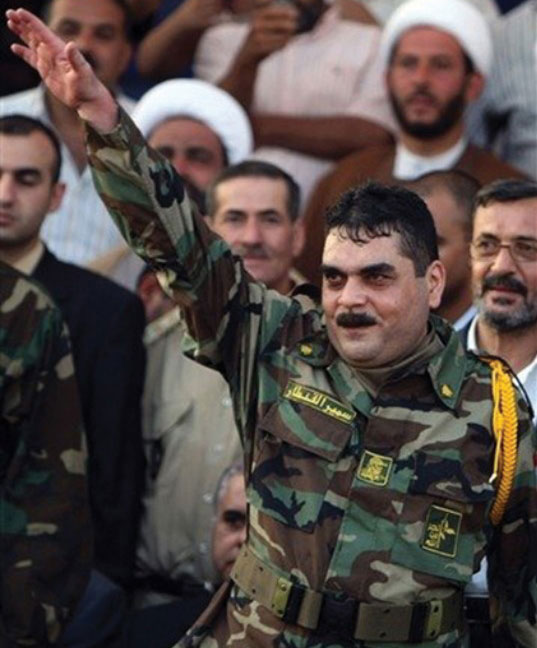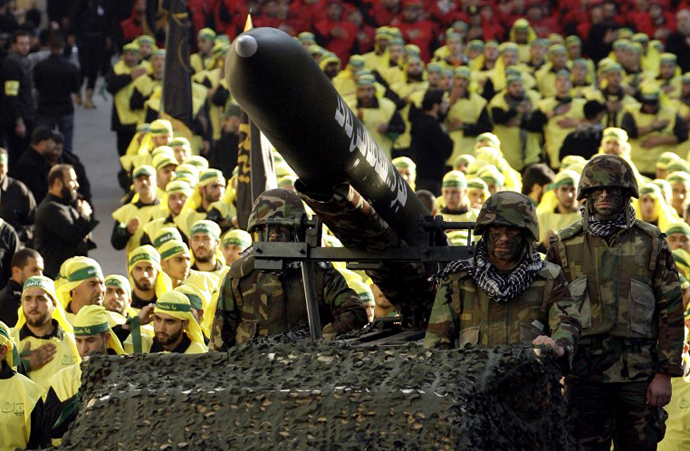Following Israel’s airstrike against an Iranian general and Hizbullah commanders who were surveying the Golan front near Kuneitra in January 2015, there was an assessment that the military infrastructure built by Iran and Hizbullah had been exposed and dismantled.
The failed attempt by four terrorists to infiltrate the northern Golan Heights on April 25, 2015 to plant explosive devices proves that the assessment was mistaken. Moreover, the attempt revealed Hizbullah’s efforts to recruit fighters from Druze villages in the areas controlled by the Syrian army. Hizbullah activities among the Druze are led by Samir Kuntar, who succeeded in recruiting and uniting Druze activists, some residents of Majdal Shams (in the Israeli-controlled Golan), to carry out military acts against Israel.

Thus, Hizbullah is expanding its activities not just geographically within the Golan Heights, but also in the enlistment of Druze fighters into its new “Hizbullah Syria” organization. The original head of the organization was Jihad Mughniyeh, killed in the January air strike and replaced by Samir Kuntar, a Druze.
Within the confessional tapestry of Syrian society, the Druze are in the same position as the Alawites and many Christian sects who feel the Assad regime is their best guarantor against the Sunni jihadists.
Hizbullah Retaliation
Hizbullah leader Hassan Nasrallah has yet to respond officially to Israel’s interception of the four-man team of Druze fighters. But the editor of Al Akhbar, Ibrahim Al-Amin, who is close to Nasrallah, stated that Hizbullah will learn its lessons from the failed mission, improve its abilities, and continue and escalate its military activities.
The significance of the statement is that Hizbullah plans to take revenge from Syrian or Lebanese territory. In Nasrallah’s view, there is no difference in Hizbullah actions against Israel from either front; Hizbullah will react wherever it can. Moreover, it is clear that the expansion of Hizbullah’s military actions within the Druze community in Syria – on both sides of the border – presents a new challenge to Israel. Border incidents can bring on broader military conflict.
One may assume that Iran will work to stop any military escalation, at least until it reaches a nuclear agreement expected to be signed this June in Geneva.









